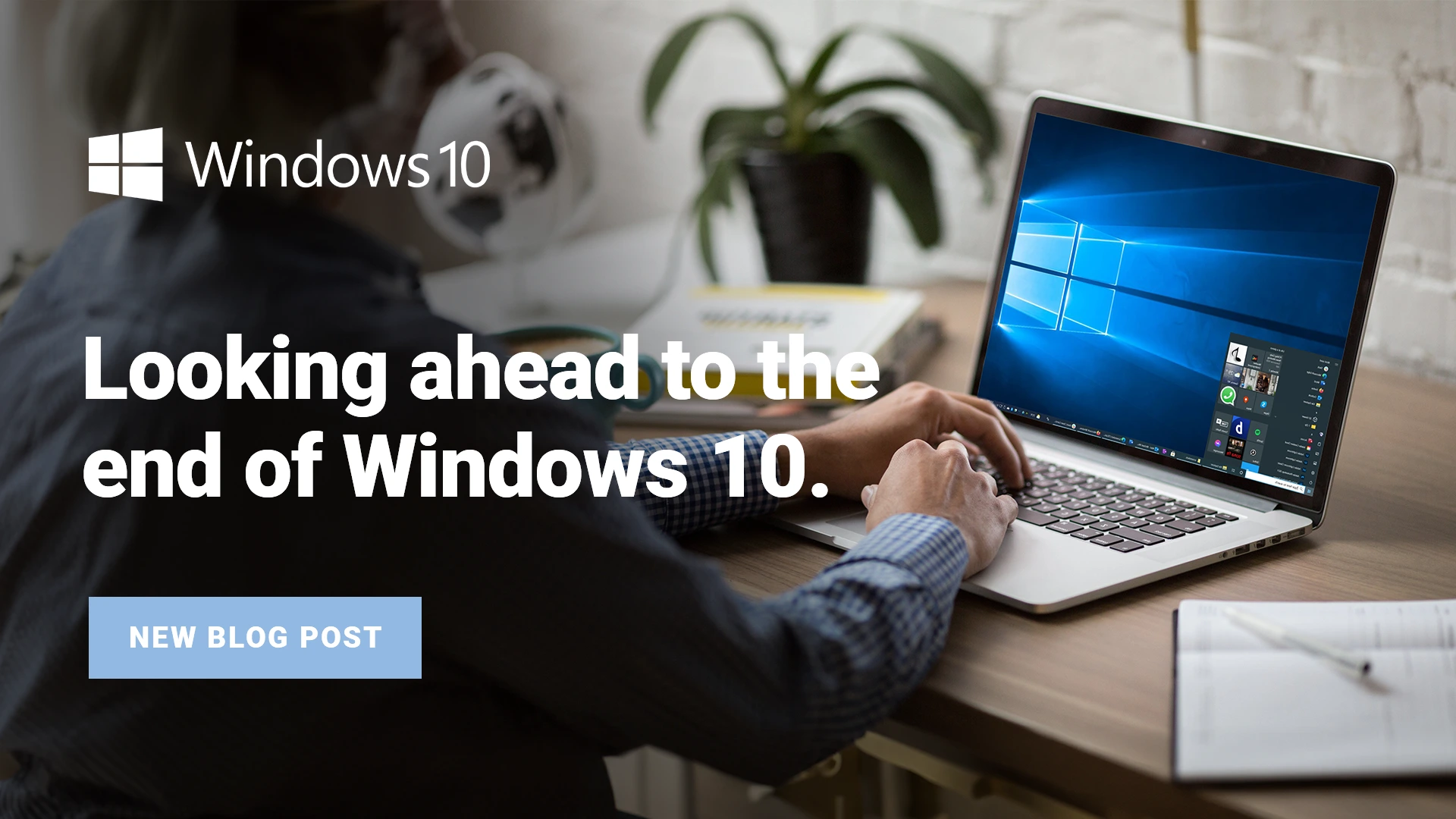The energy crisis, and how it’ll affect your business.
As the war in Ukraine deepens, we look at the what the energy crisis means for our country and businesses, how it has impacted the market and what we can do to protect ourselves. As you will have heard everywhere on the news Nordstream 1 has now been shut down indefinitely. It has been a very volatile couple of months and the market price of gas has risen by over 590% and power over 688% when compared to this time in December 2020.
In the last month gas and electric has risen even more which is the highest in 25 years within the UK alone. Some analysts are predicting even sharper rises this year, to help suppliers manage the continued rising cost of gas and the additional 4 million customers that have been left in need of a new supplier.
With this in mind let’s start looking into the detail of this, with the market not looking like it is going to recover until 2026. Let discuss what is causing our problems.
Nord Stream
The Nord Stream pipelines are offshore lines in Europe that run from Baltic Sea (Russia) to Germany. The first of the two, Nord Stream 1 has been operational since 2011 and Nord Stream 2 has now been complete but is yet to serve Europe. Nord stream 1 has been the backbone of Europe with 70% of Europe’s gas flowing through its pipe. Per year it has compacity of up to 170m per day and 27 billion cubic meters per pass through it. As of late, Nord Stream one has sat redundant and hasn’t been serving any gas to Europe because of a few elements, war being the biggest challenge, servicing, part failure and most recently sabotage of the lines themselves.
Since Russia have invaded Ukraine, there has been a huge number of problems importing and exporting gas from Russia. In June, majority shareholder of Nord Stream (Gazprom) cut gas export through Nord 1 by 70% to Europe which in turn caused wholesale gas prices to rise more than 10 fold. Following that 1st blow to Europe, Russia then decided to shut the pipe down completely for over 10 days claiming that it was closed for mandatory part replacement. When gas export resumed, they had squeezed the line even more limiting gas supply to only 10% into Europe.
Following a very bad turn of events in Putin’s “special operation” in where Ukrainian forces took back a lot of the areas that Russia had occupied. Nord 1 was completely turned off in mid-August, with Russia citing that there had been further issues with parts and equipment. This has not been reopened since and with the sabotage of both pipes in the Baltic Sea, we see predict the lines will not be re activated for the foreseeable future
Pandemic
After months of worry coming into 2022 the energy companies confirmed energy prices, would see a rise. A 300% increase in the 2021 cost of wholesale gas, something that has never reached UK shores before. There were multiple issues coming into the start of 2022 the main reason for the steep upward curve is basically because of the demand for both gas and electric went up heavily following lockdown. Both lockdown and social restrictions stopped most business from working on a day to day which in turn decreased the need for energy.
As measures were lifted, demand of course rose accordingly. With this happening at an exponential rate, the demand in various sectors like travel, hospitality and public bumped the price of energy to new heights.
The supply of gas to the UK market has become more difficult in recent years, mainly due to international relationships with other foreign governments. Also coupled with the drive to have more renewable and sustainable energy sources to tackle to ever growing climate crisis.
We still get over 90% of the country’s electricity from fossil fuels, which is causing pricing to surge. This could be something that we could see over the next 10 years as the UK is looking to make the shift to greener and more sustainable sources.
Renewables
Prior to September, as part of the new green policy the government have put in place, they are now less likely to be offering companies to drill for fossil fuels. In the last few years, we have stopped drilling in the North Sea, as the gas and oil deposits have been mainly depleted in the area. But these sources are becoming less accessible, more expensive to extract from, and therefore less competitive. Once an area as become depleted, generally businesses will need to find a new field to start drilling from. We as a country won’t be self-sufficient on renewable energy for decades as there purely isn’t the infrastructure for it yet. Following to Liz Truss appointment of new Prime Minister it is likely that we will see old methods reinstated to cope with demand which will cause a knock-on effect with countries ecosystem.
Business energy cap
The Government has limited the wholesale costs for gas and electricity used for business energy customers. The introduction of ‘The Energy Bill Relief Scheme’ will cap the wholesale costs that energy suppliers can incorporate into the rates for business but will not determine the final rate paid by business customers. So, you may be thinking, what does this mean for Business Energy rates?
Since the announcement of the scheme, energy suppliers will be allowed to incorporate a capped wholesale price of 21.1p/kWh for electricity, and 7.5p/kWh for gas. The maximum discount will be 40.5p/kWh and 11.5p/kWh on gas, however this only applies to all energy contracts that have been signed with suppliers since the 1st April 2022, and will apply to usage from the 1st October 2022 until 31st March 2023. For comparison, wholesale costs for this winter are currently expected at around 60p/kWh for electricity and 18p/kWh for gas.
Wholesale charges are only part of what make up the final costs on an energy bill. The capped wholesale prices will not be the final rates that businesses pay, so your kWh rate will not be 21.1p and 7.5p respectively.
What’s next for businesses
Currently the energy market is in such a volatile position that it’s certainly now business critical to ensure that you’re locked into new pricing in order to future proof yourself, and your business.
Whilst many individuals have understood the outline of the domestic help that our prime minister has set out, the plan for businesses is not as detailed or clear moving into the new year. The prime minister announced that businesses will get similar support (as explained in detail above), under the scheme lasting six months to protect them from soaring energy costs and provide them with the certainty they need to plan their business. After this time, she has promised there will be continuing support, particularly for vulnerable industries sectors. There will be a review in 3 months’ time to consider where this should be targeted to make sure those most in need get support.
Senior members of various energy suppliers across the UK have said there will be a lot more to iron out over the coming months, which will aid in clarifying the position in which the energy market stands.
What can Global 4 help you achieve?
Whilst the energy market is incredibly volatile, and prices are soaring higher than ever seen before, luckily we’re still in a position where Global 4 can help you and your business. We work closely with all the major electricity providers and use our collective buying power to find the best business tariffs for you.
If you’re already in a contract, but are due to come out of this in the upcoming months, we can still quote you pricing using our buying power, and ability to offer up to five year, forward contracting so you can still receive the effects of the Government Energy Relief Scheme.
Get in contact with us today, and we’ll be able to do a complete energy review of your business sites, and help you to transform your energy solutions. You can call our team on 01403 272 910, or alternatively email us on sales@global4.co.uk.





